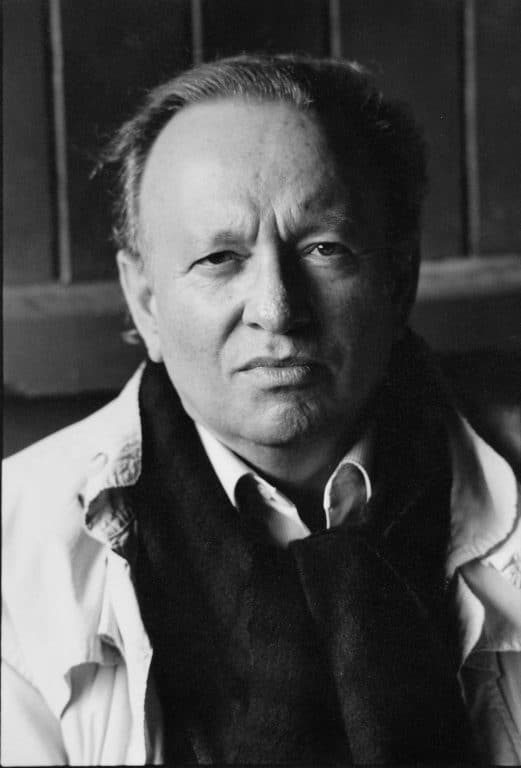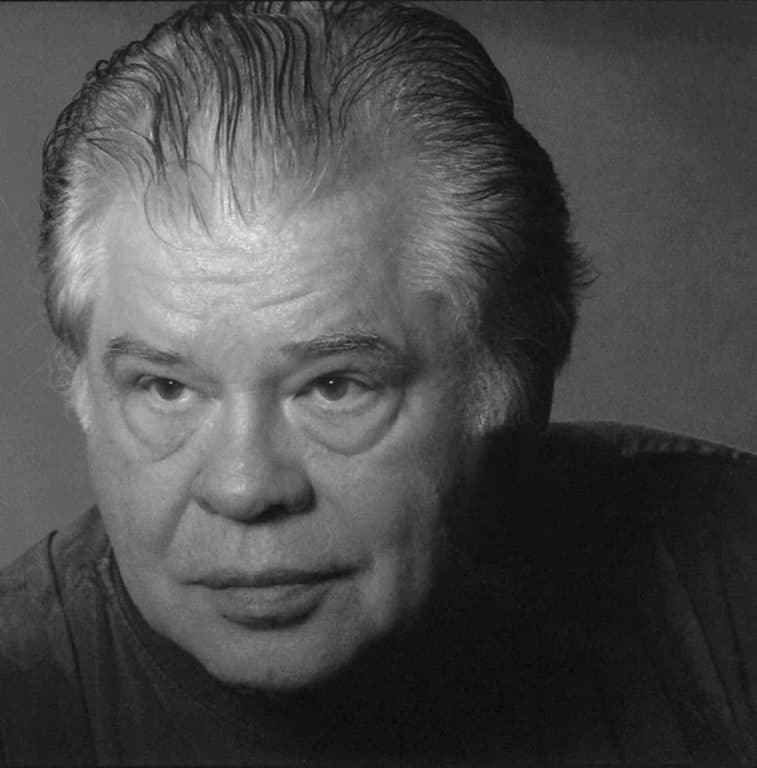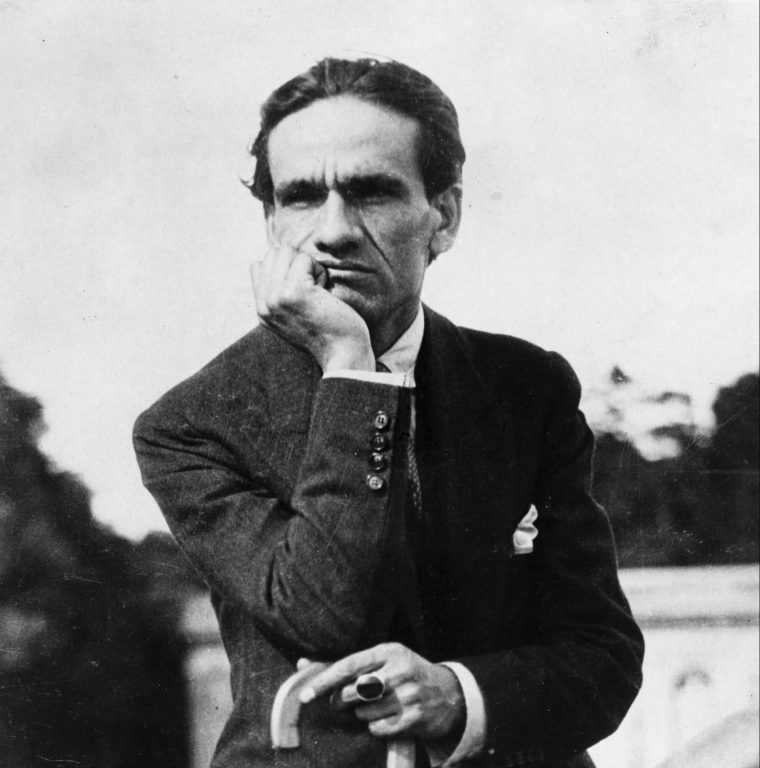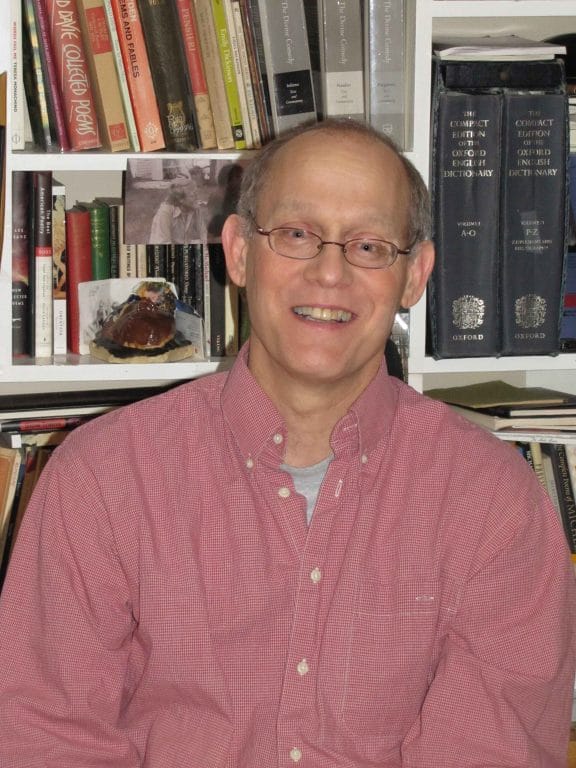Phil Hall examines the poetic process in a very personal way in this fragment from the long essay-poem sequence “A Thin Plea” from his collection “Killdeer.” Within a few deceptively simple lines, he covers the mental and emotional cycle from uncertainty to quiet triumph in creating a work of art.
Hall is succinct but intimate…
Phil Hall examines the poetic process in a very personal way in this fragment from the long essay-poem sequence “A Thin Plea” from his collection “Killdeer.” Within a few deceptively simple lines, he covers the mental and emotional cycle from uncertainty to quiet triumph in creating a work of art.
Hall is succinct but intimate as he confesses to insomnia, illness, loneliness and being disoriented. He offers his coping mechanism, the humble practice of what he calls tinkering. It’s all very self-effacing, because we know that the “odd bits of my nature & gatherings” he is tinkering with are the words, phrases, images and themes that form his powerful, memorable poetry. We know those poems sing very much on key and very true.
With his modest description, Hall makes the artistic process very approachable, even as he suggests that he engages it “mostly when no one is looking.” By connecting it to moments and feelings we’ve all had, but perhaps don’t always admit to or acknowledge, Hall makes what is singular about his own personal artistic process into a shared, accessible experience.
The last line of this sequence is striking in contrast to the images of vulnerability, furtiveness, doubt that lead up to it. The sweep of a winged flock is majestic and exultant. Hall feels “unafraid” inside the poem that is now falling into place for him. It gives the reader of the poem – perhaps an aspiring poet him or herself – the hope of that same feeling of safety and confidence.




